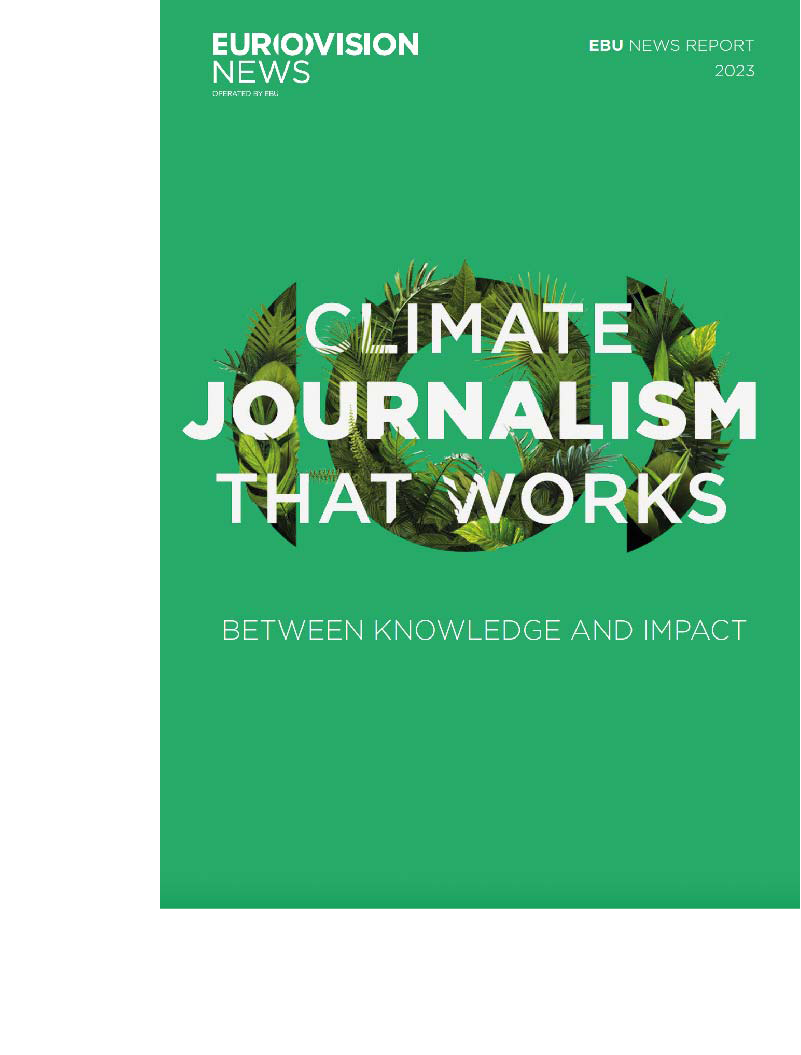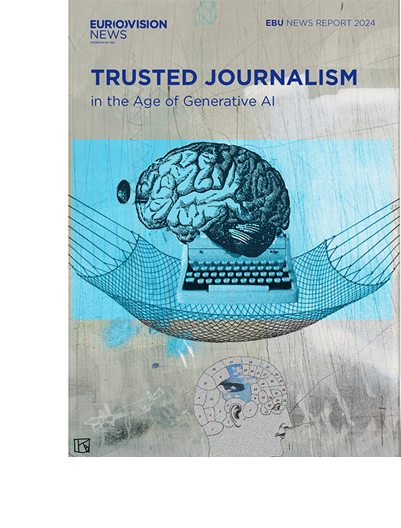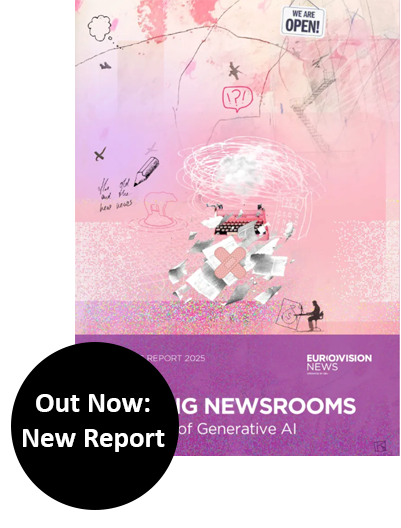One common assumption about the internet goes like this: because everybody can access information, news, and knowledge freely, the web is making society more democratic. So much for the fiction; the fact is that the opposite might be true. At least this is what a recently published study by the Reuters Institute for the Study of Journalism suggests. The authors examined online and offline news consumption in the UK — and we better worry about the findings — not only did they conclude that news consumption in the UK was more unequally distributed than income. But more importantly, online news consumption was more unequally distributed than offline news consumption. “One in four individuals (25%) do not consume any news online, while only 13 % of respondents do not consume any news offline”, the authors found.
This effect could even be worse for other countries because in the UK there is plenty of free access to quality news. The BBC is overwhelmingly dominant, The Guardian relies on voluntary contributions rather than on paywalls, and tabloids offer a wide range of free news to choose from. People just don’t read them as much online. With media consumption –- like it or not -– increasingly moving from offline and broadcast to online and distributed, this is an alarming trend.
This has several implications. First of all, it shines a new light on the paywall debate. It has been widely discussed in journalism circles that paywalls are detrimental to democracy.
However, apparently people from lower social grades don’t avoid news primarily because of cost, but rather because they are not that interested.
With all the other distractions and entertainment that social media provides, news stories just do not capture people’s attention. So abolishing paywalls would just result in having even less people paying for news who are entirely capable of doing so. This would further erode resources for newsrooms and consequently the quality of reporting.
Second, the power of platforms to shape worldviews is even more pronounced in users from lower social grades. While better educated, internet-savvy users make the most of their online experience and access significantly more news sources these days than in the offline-only world, the less educated don’t seem to dive into news unless it is paraded in front of their eyes — like tabloid headlines on the metro.
If a powerful platform like Facebook decides that their algorithms favour “meaningful connections with friends” over hard-core news, many people will turn to chatting with their friends rather than devouring information that might be vital for them as citizens.
Third, it is more important than ever to make journalism interesting, simply so that it stands out from the overabundance of information that we are already surrounded by. Then again this is just another invitation to produce clickbait, which in turn leads to diminishing trust.The reliability, relevance and entertainment quality of journalism will be decisive for winning this battle.
The conclusion is, when access to news becomes more of a conscious choice, there is no way around the necessity of growing that conscious decision making process. Platforms need to understand their responsibility and act on it. And people of all social grades need to be educated in the fact that by knowing what is going on in the world they can make a difference in society. If they learn to appreciate news, they are more likely to use the benefits that knowledge will give them. They might even happily pay for it.
This text was published by NewsMavens on 27th October 2018



